Articles
The Heart
Dear Readers, In recent decades, Central Europe has returned politically and economically to Europe. Nevertheless, one can sense a growing uneasiness among part of the political class which feels that it has not been fully accepted in the center of EU decision-making. The first seeds of an illiberal mood in countries joining the club grew…
Foreword
Dear Readers, On the occasion of the Annual Conference of Aspen Institute Central Europe, it is my greatest pleasure to introduce you to the printed version of the Aspen Review 2022 in which we selected the articles published throughout the year 2022 which resonated the most as well as reflect on our program activities. There…
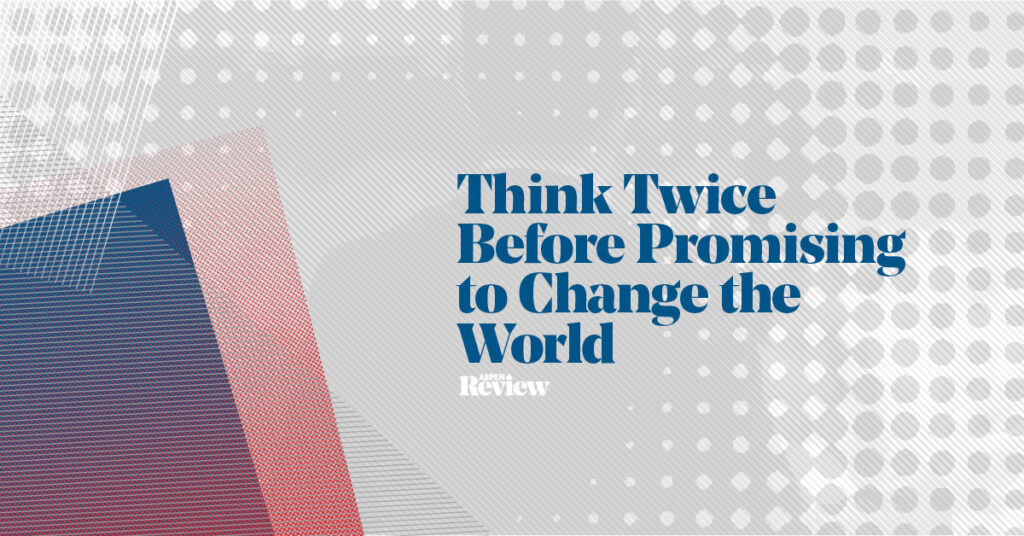
Think Twice Before Promising to Change the World
Laboratory of Socialist Development: Cold War Politics and Decolonization in Soviet Tajikistan Artemy Kalinovsky Cornell University Press 2018 The rise of a new era of identity awareness and the politics of recognition forces us to re-examine the meaning and the consequences of the policies of development that transformed societies over the twentieth century. In this…
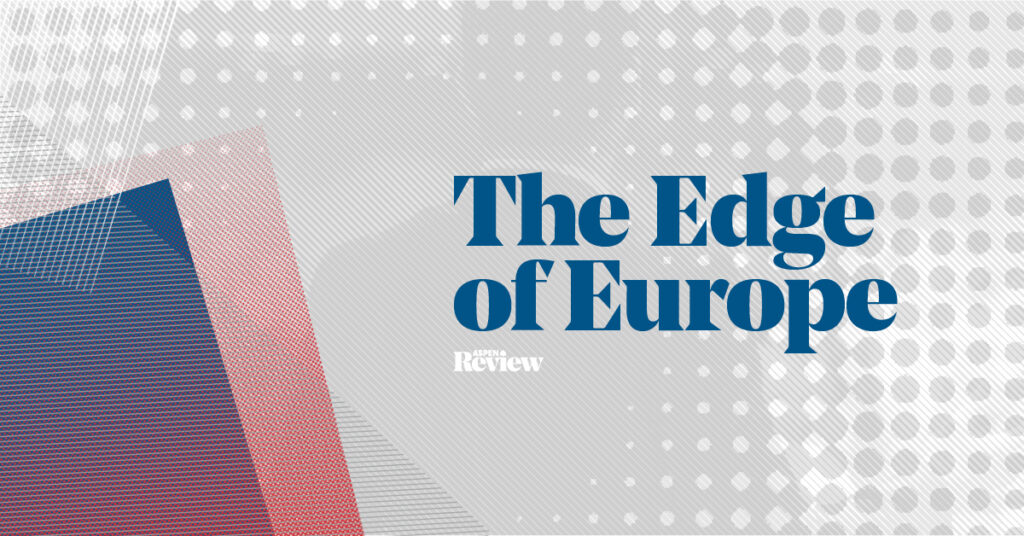
The Edge of Europe
Border: a Journey to the Edge of Europe, Kapka Kassabova Granta 2017/Greywolf 2017 Kapka Kassabova’s impulse to travel to the Bulgarian-Turkish-Greek borderland was the desire to visit those locales sites that had the status of forbidden places in her childhood, separating with barbed wire communist Bulgaria from the NATO members, Turkey and Greece. For several…
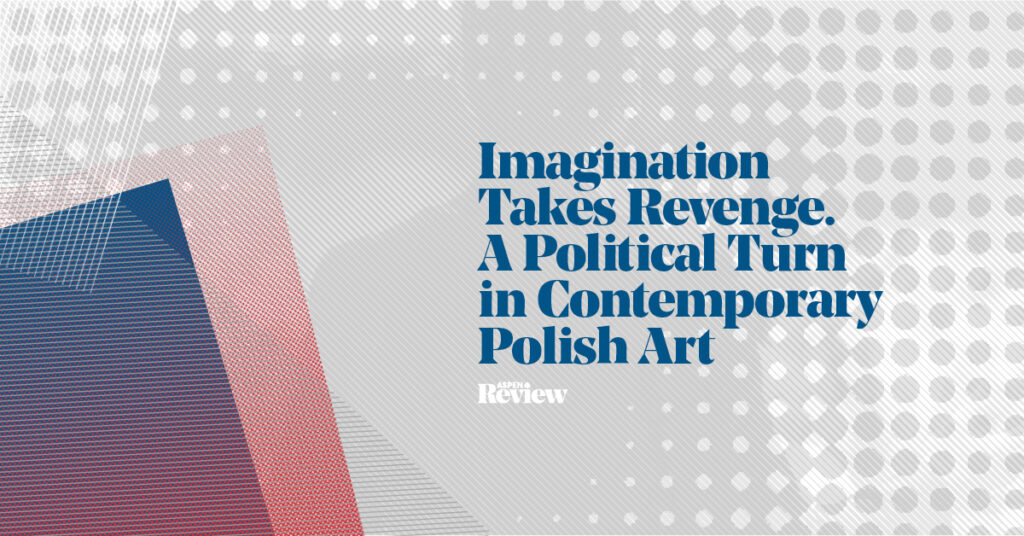
Imagination Takes Revenge. A Political Turn in Contemporary Polish Art
You can ignore politics pretending it does not exist and focus on your own basic problems, but it does not mean that politics is going to ignore you as well. The seventh Berlin Biennale opened to high expectations from both the Polish and international audience in May 2012. It was a moment of symbolic significance…
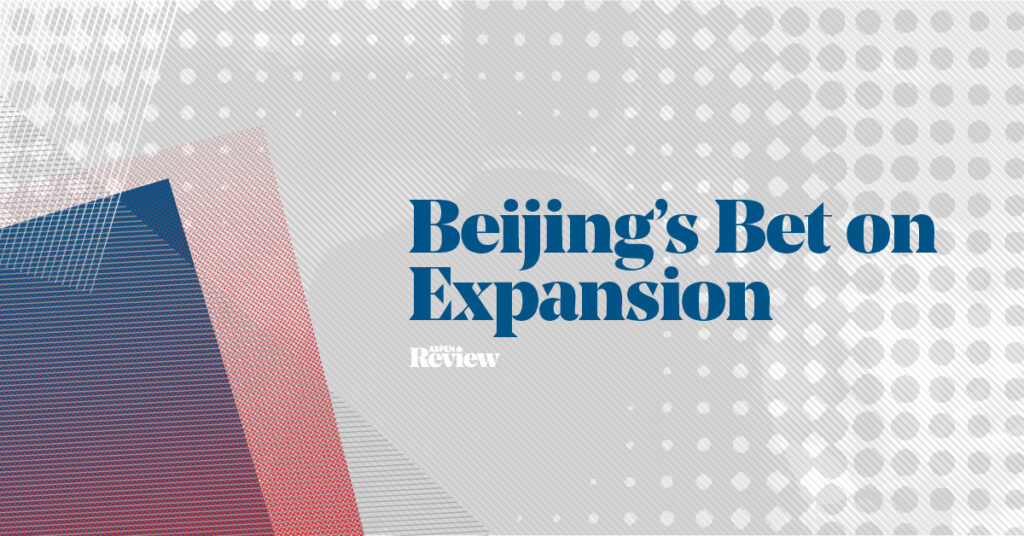
Beijing’s Bet on Expansion
The New Silk Road creates markets and jobs wherever it passes, representing China’s response to the demand for development in any number of countries. The challenge for Beijing remains how to expand and prosper without appearing to threaten other world powers, especially Washington. In just thirty years, with a growth model based on its comparative…
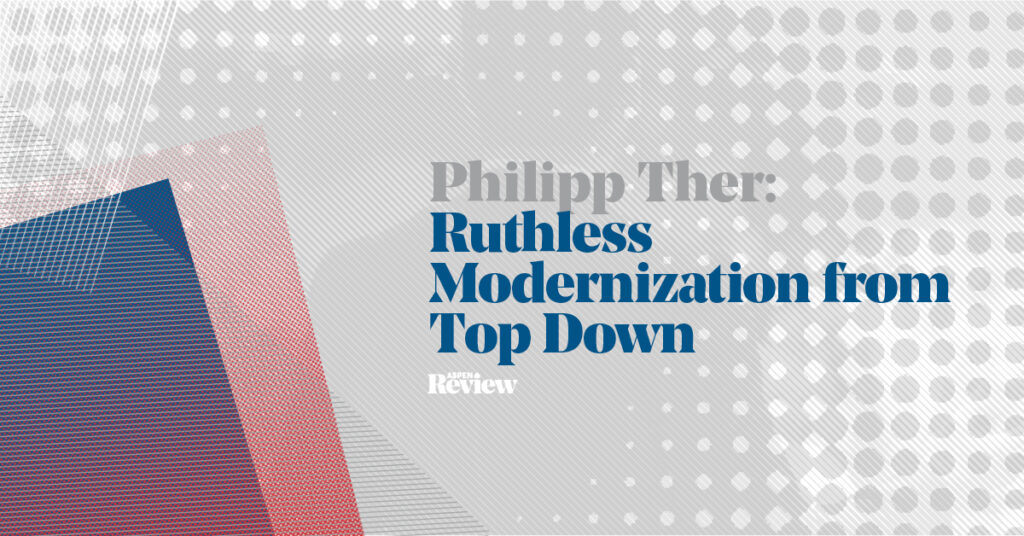
Philipp Ther: Ruthless Modernization from Top Down
It is not a coincidence that right-wing populists and nationalists have taken government control in countries whose economies are very open to the outside world and where the state social safety network is either very weak or has had little time to develop properly. ROBERT SCHUSTER: How would you evaluate the economic transformation that began…
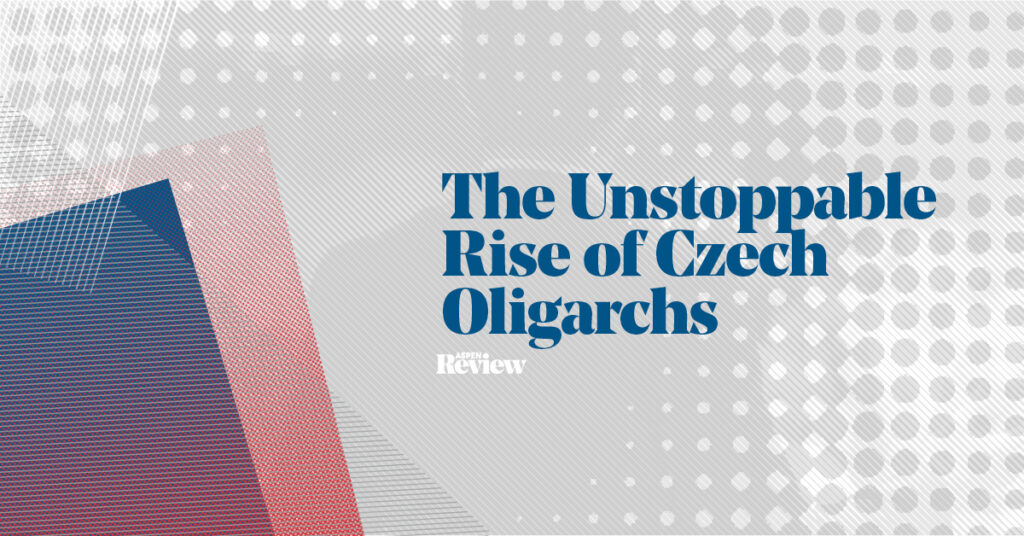
The Unstoppable Rise of Czech Oligarchs
About a hundred Czechs have a net worth of more than one hundred million EUR. Most of them present examples of acute business acumen and success. The wealthiest of these men present disturbing problems with their ambitious plans. The current decade has blessed the countries of Central Europe with unusual economic growth and prosperity amongst…

Disinfo Competition – Taming the Trolls and Algorithms
Disinformation has always been here. The digital transformation has increased its impact and spread dramatically. The reach and influence of social and online media, in general, is much bigger than the reach of any traditional media or any government of the world. Algorithms govern today’s society and will do so even more in the future.…
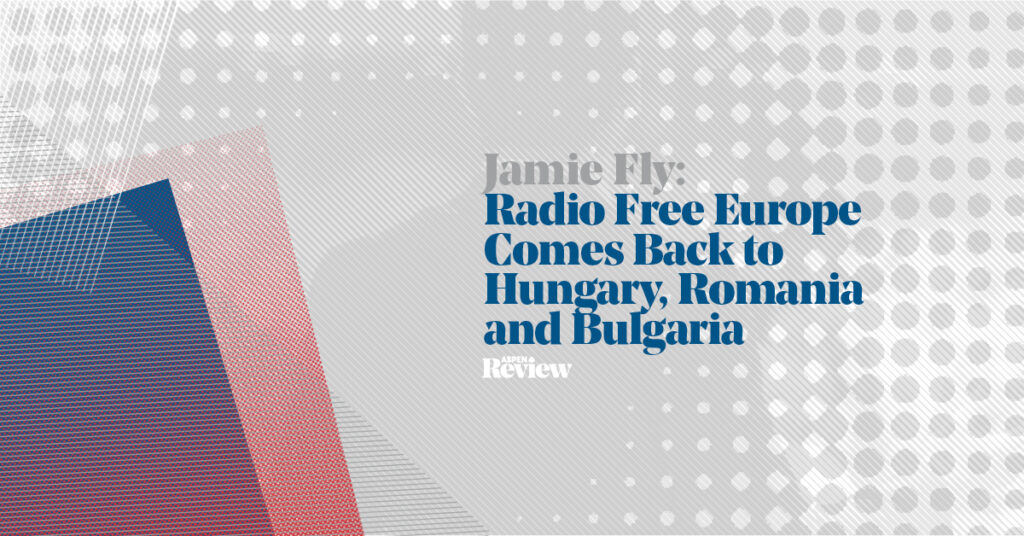
Jamie Fly: Radio Free Europe Comes Back to Hungary, Romania and Bulgaria
President Jamie Fly comes to RFE/RL as someone with extensive experience in transatlantic relations. Over the last five years, the organization he now heads has changed tremendously, expanding from the legacy media to digital platforms. It has launched Current Time, a 24-hour TV news-channel in Russian, something the Kremlin is not particularly excited about. Fly’s…
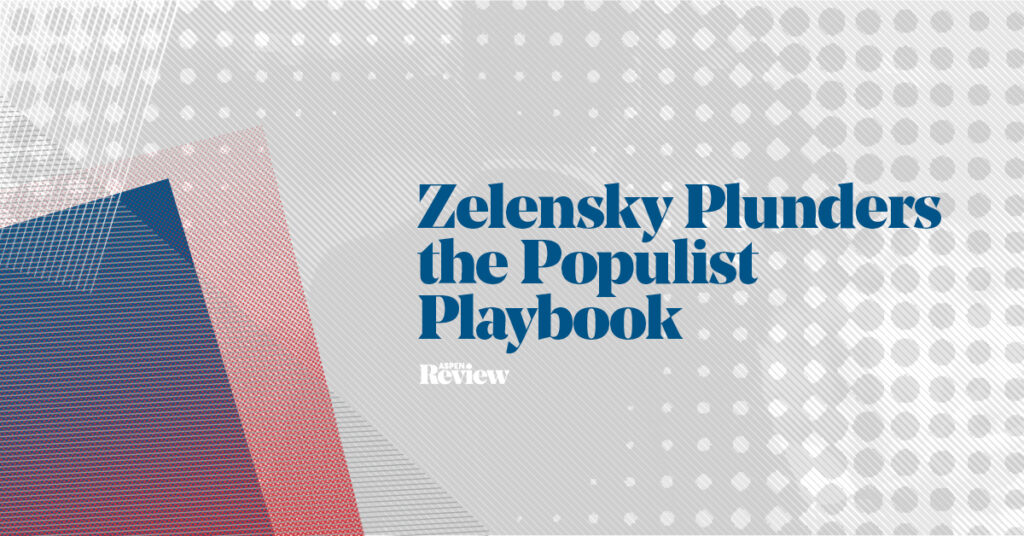
Zelensky Plunders the Populist Playbook
The key to Zelensky’s success was capturing the zeitgeist media narrative of #zrada or ‘betrayal’, the old elite making money from war. Whoever latched on to the mood of distrust and disgust best was likely to win the election. But Zelensky did it perfectly. Some commentators have written about Volodymyr Zelensky, Ukraine’s new comedian president,…
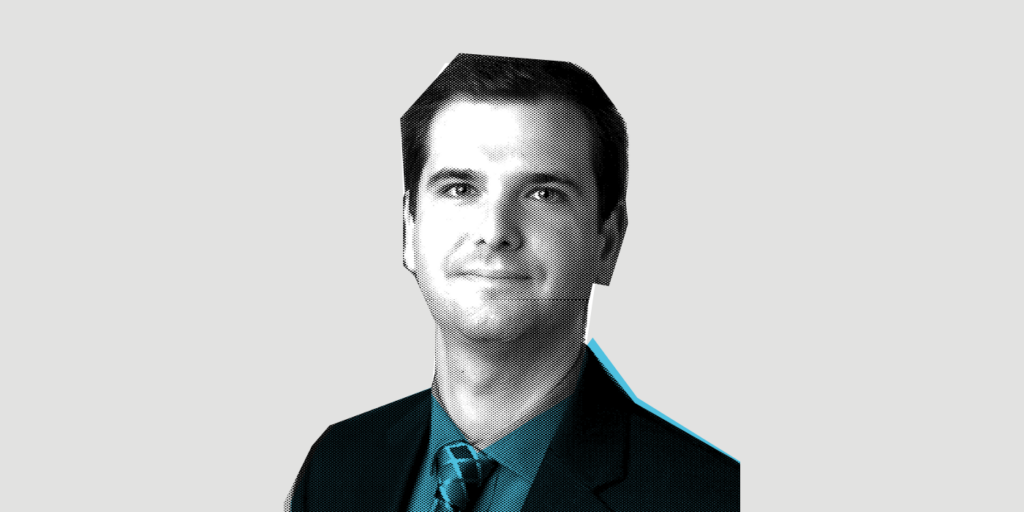
Jacob Poushter: Redefining the East-West Divide
Pew Research Center, a US non-partisan ‘fact tank’, released a report* in October “European public opinion three decades after the fall of Communism” based on a survey in 17 European countries. Aspen Central Europe interviewed Jacob Poushter, one of the main researchers behind the report. ROBERT ANDERSON: Pew did a similar survey in 1991 and…
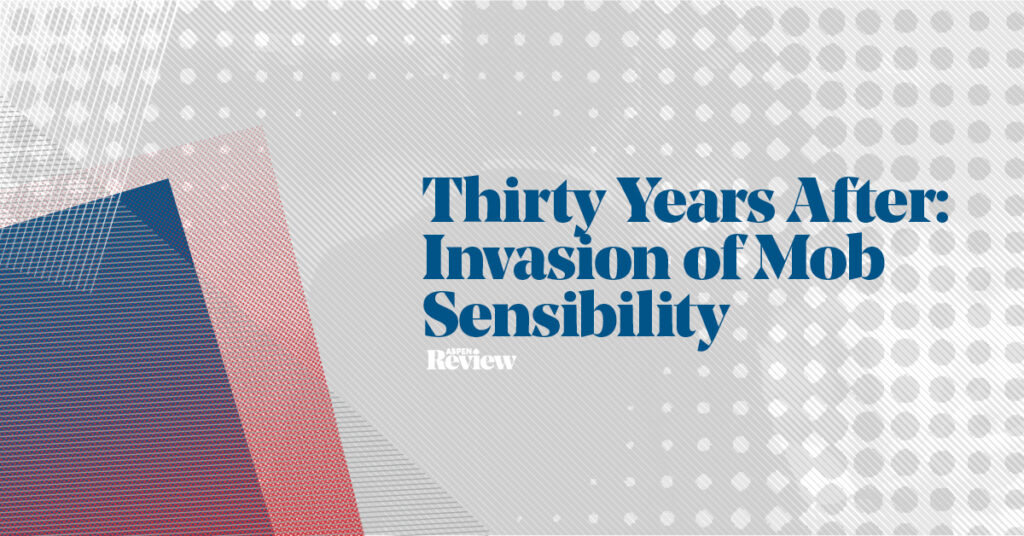
Thirty Years After: Invasion of Mob Sensibility
We are confronted with the kind of public instinct that the ancient Greeks feared. It made them wary of democracy. Thirty years is a long time. It is an entire third of a century. Thirty years is also quite a short time. If you think about it, the founding of America only amounts to three…
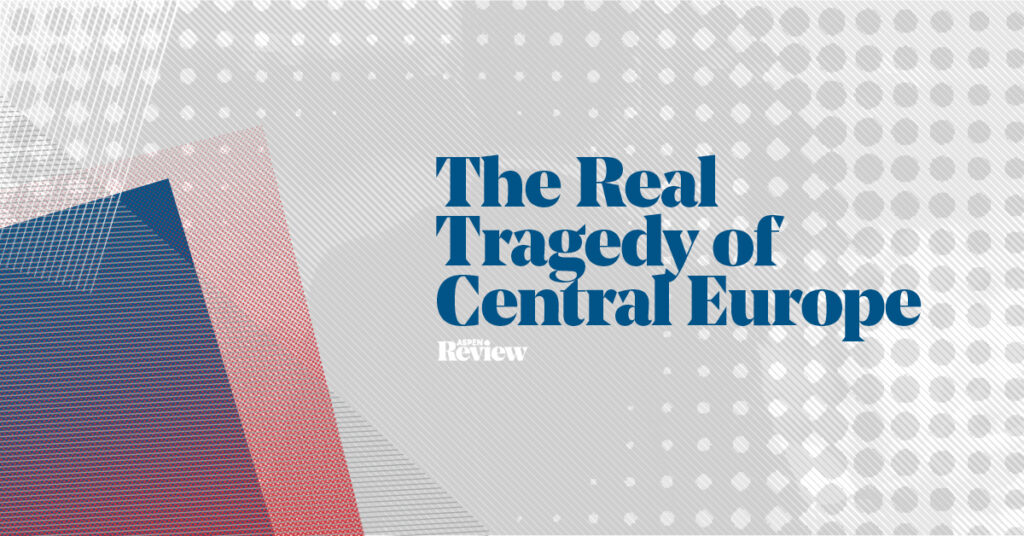
The Real Tragedy of Central Europe
The understanding of Central Europe from over thirty years ago—as part of the West captured by the Byzantine East and represented geographically by Europe behind the Iron Curtain—has been fading away over the three decades of successful transformation. The nations of Central Europe have regained independence and restored their place in the West mostly by…
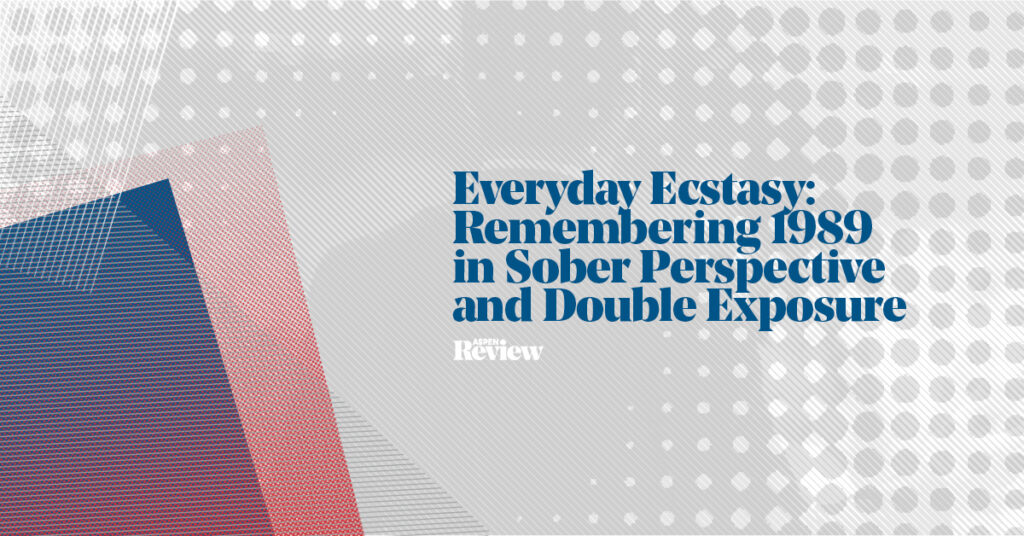
Everyday Ecstasy: Remembering 1989 in Sober Perspective and Double Exposure
What does it mean to live through certain historical events while simultaneously commemorating historical events from the past? In the case of 1989/1789, the effect was particularly powerful. Ever since the nineteenth century, we have been living in an age of historical anniversaries and commemorations. The British Victorians marked the tricentennial of the Spanish Armada…
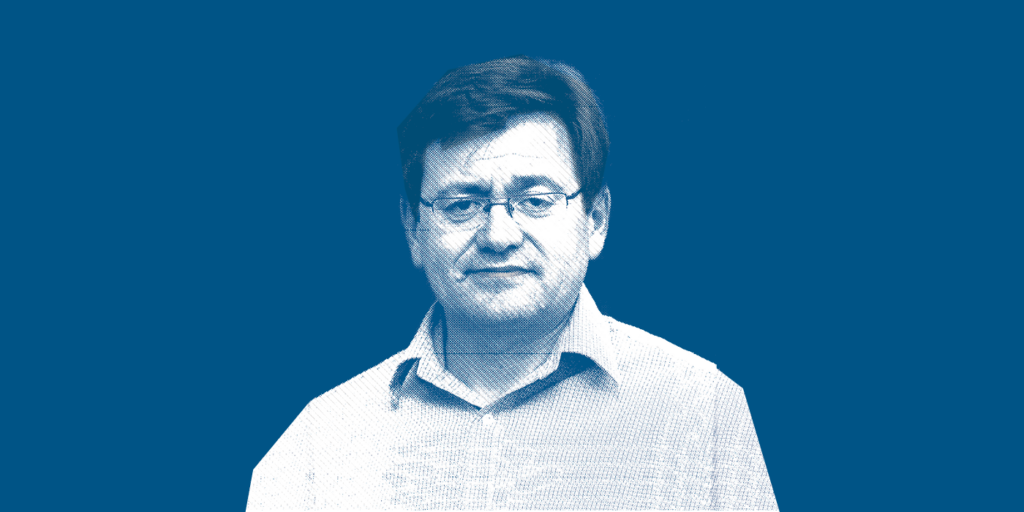
Vladislav Zubok: To Realize You Lose an Empire, You Have to Be a Conscious Imperialist
Nobody in Russia thought about Eastern Europe as a Soviet colony. This explains why public opinion in Moscow took the so-called loss of Central Europe with a remarkable equanimity—says Vladislav Zubok in an interview by Zbigniew Rokita. ZBIGNIEW ROKITA: Why did Moscow let the round table in Poland happen in 1989 and subsequently agree to…
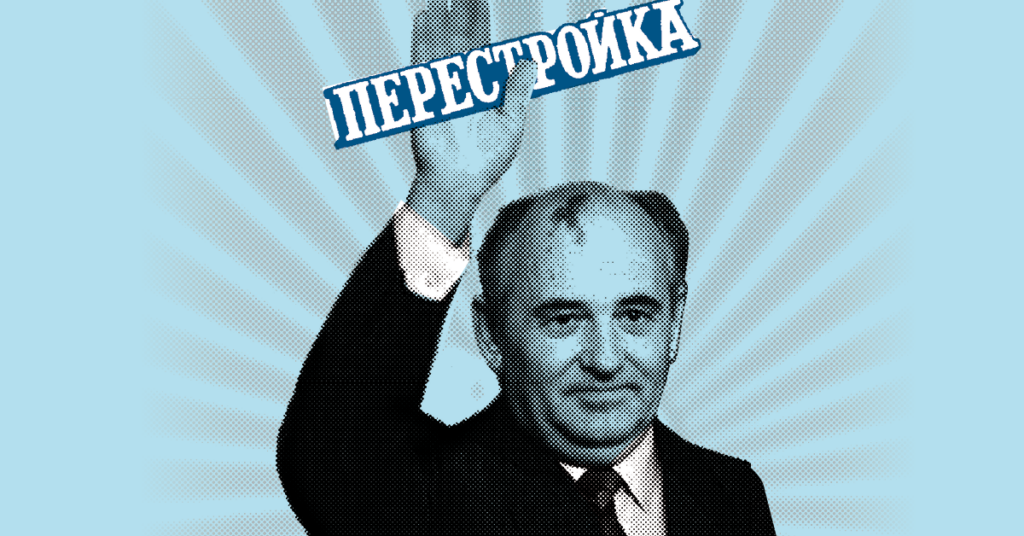
Epoch-making Change: Reflections on the Significance of the Revolutionary Year 1989
The year 1989 was the birth of political Europe in which we live today. Thirty years ago, revolutions started by ordinary citizens not only led to the collapse of communist regimes in Central and Eastern Europe but also, and above all, changed the face of the entire continent. In Germany, this revolutionary upheaval was mainly…
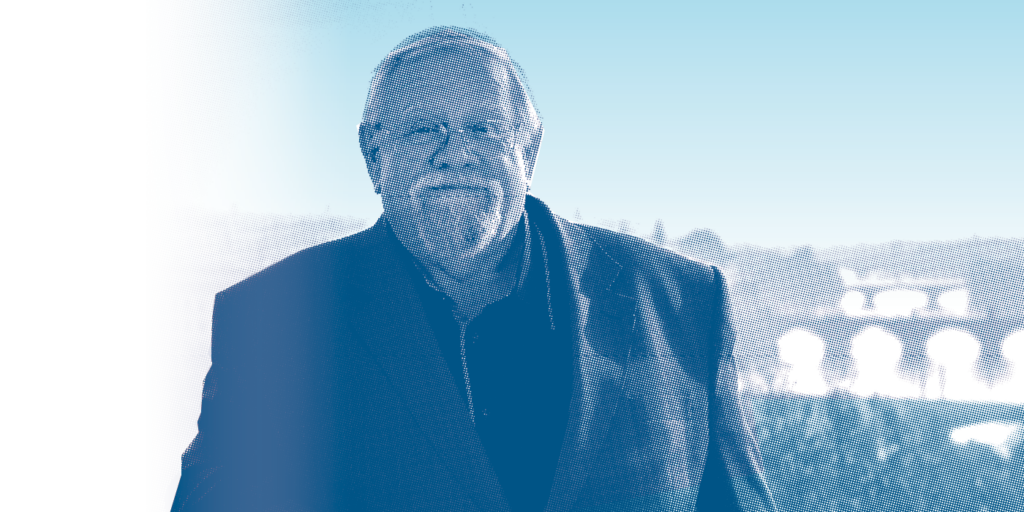
Daniel Kroupa: Lessons from Patočka
Today the main thing is to stop the highest government authorities from introducing authoritarian elements into our system and from turning to the East, towards Russia and China. This motivates into action even those who are not particularly interested in politics, says Daniel Kroupa in an interview with Łukasz Grzesiczak. ŁUKASZ GRZESICZAK: You were an…
